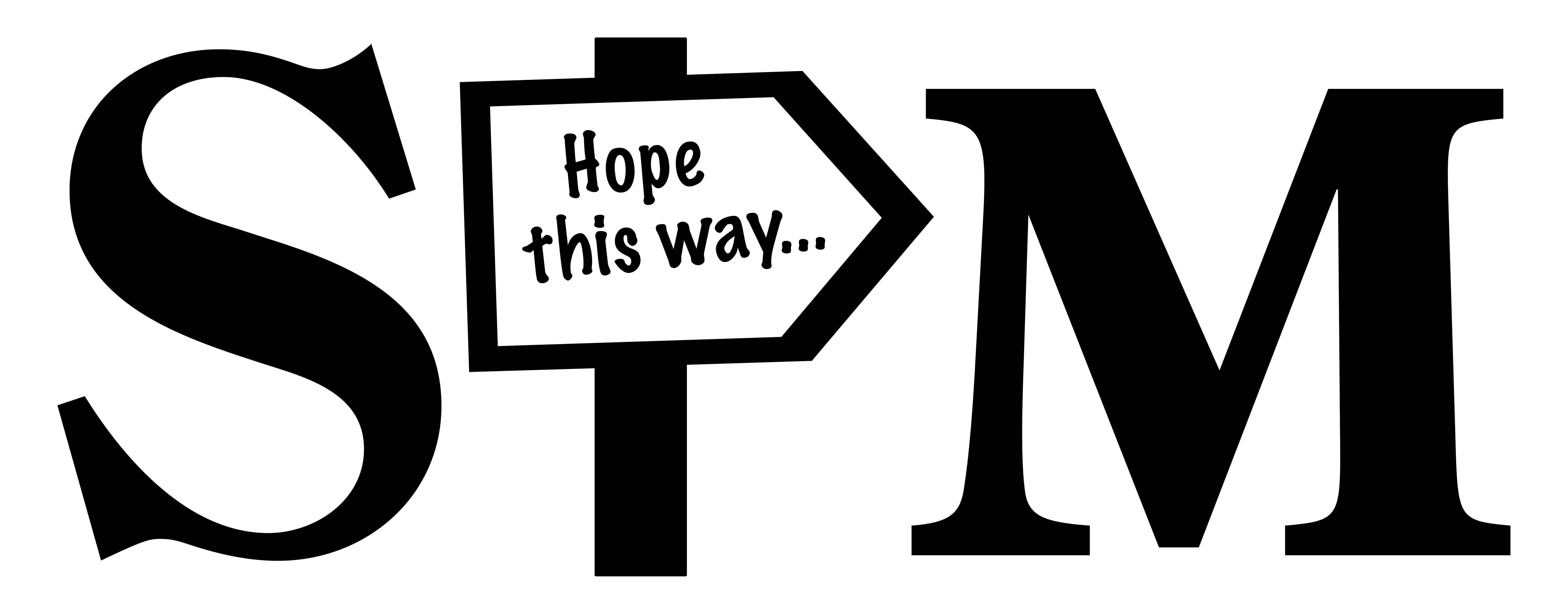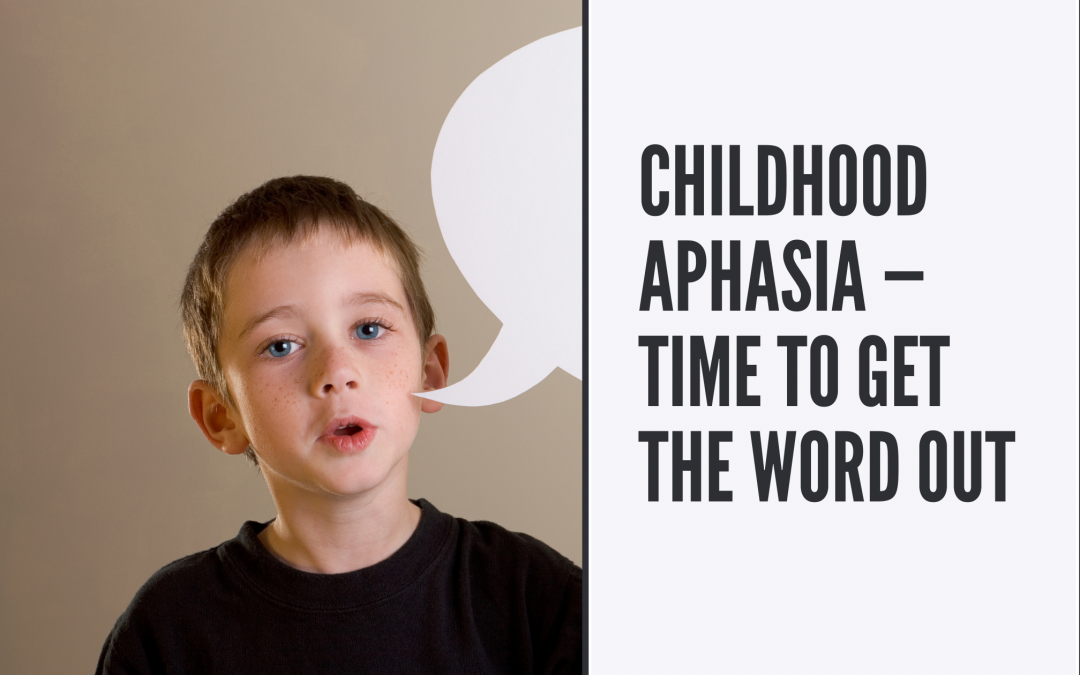Aphasia — this is THE perfect example of just because you never heard of it, doesn’t mean it doesn’t exist. You don’t know what Aphasia is, do you? You aren’t alone. While 2 million people in the United States have Aphasia, 84.5% of Americans state that they’ve never heard of it.
Guess what? June is Aphasia Awareness Month. And there is a concentrated effort to get the word out — because among the 15% of Americans who do know what Aphasia is, some of them don’t know it affects kids!!!
What is Aphasia?
Let’s start with a general definition of Aphasia: it is a language impairment. It affects the production or comprehension of speech and the ability to read or write.
In other words, someone with a very serious problem communicating with people. With the spoken word. And online. That is a very lonely place.
What Causes Aphasia?
Aphasia is always due to injury to the brain. And this is most commonly from a stroke. This is why those that do know about Aphasia tag it as an older person’s ailment.
But brain injuries that cause Aphasia could come from head trauma, brain tumors, or infections.
Children & Aphasia
That brings us to kids who suffer from Childhood Aphasia (also known as Pediatric Aphasia). They get it from damage to the left side of the brain. This can happen before or during birth. Or at any time during the child’s life in which a stroke or other brain injury occurs.
Pediatric Aphasia is like adult Aphasia. All language input (understanding and reading) and output (writing and speaking) are affected to different degrees.
Communication with the patient can become almost impossible.
According to the National Aphasia Association:
“It may affect mainly a single aspect of language use, such as the ability to retrieve the names of objects, or the ability to put words together into sentences, or the ability to read.
More commonly, however, multiple aspects of communication are impaired, while some channels remain accessible for a limited exchange of information.”
Therapy for Children
So, where does this leave parents? If they can’t communicate with a child — who might not be ordinarily speaking or writing anyway? It is a lonely place for them as well.
Often they are on their own looking for solutions. They have to gather information, and try to make an informed decision about what to do next.
Pediatric Aphasia is treated differently from the standard language developmental disorder.
Therapists will need to understand how the aphasic brain processes and retrieves information.
Where to Look
There are few Aphasia groups in the world to turn to. The Aphasia Center in Florida appears to be the only private intensive one.
There are also online groups centered around support and social activities. One such group is the Aphasia Recovery Connection on Facebook.
And the National Aphasia Association offers a large network of resources. You can search its site to find the support you need to manage your Aphasia situation in North Carolina.
Find contact info for Aphasia Centers, Speech-Language Pathologists, or Support Groups near you.
This post was written by Anthony M Scialis. Find him here.

